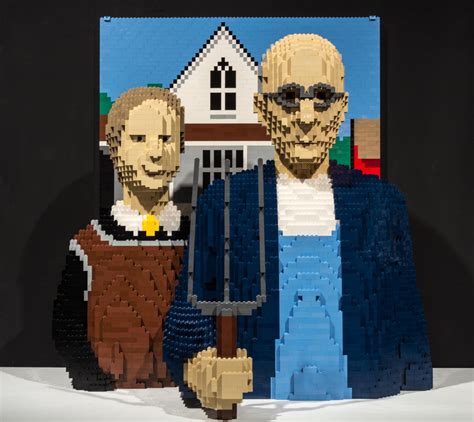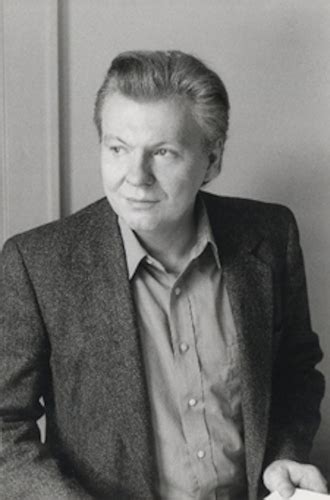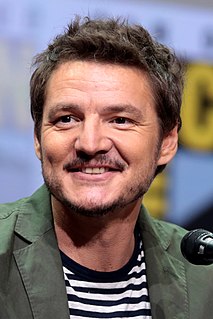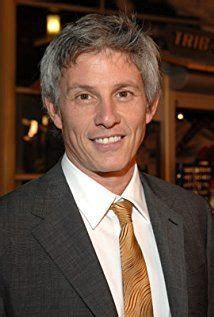A Quote by Nathan Sawaya
There was a time when I was practicing law in New York and I wanted to find something else to do. So I ended up leaving the practice of law to pursue my art and it just happened to be out of Lego bricks.
Related Quotes
I am confined to the Lego palate. I don't paint the bricks. I stick with what Lego has made. And the idea behind that is I do want to hopefully inspire kids to go home and create on their own. And if I do, I want them to be able to buy those very same bricks I use. So I don't alter the bricks; I just use what's provided.
All attempts at law, all religion, all ethical norms might be nothing more than attempts by the weak to restrain the strong. Then, within the law, arise the new strong, who subvert the law for their own ends of power and family interest, leaving the old strong outside their circle to pursue the waiting possibilities which they call crime. The weak, the cowardly, the decent ones, live between these groups.
I always considered myself a songwriter, but I didn't move to New York with plans of doing that; it just sort of happened. Everyone thinks that I moved to New York strictly to play music, but I totally just happened to fall into playing with Woods, and it all got started from there. I just went to New York to hang out.
There can be no tolerance in a law-system for another religion. Toleration is a device used to introduce a new law-system as a prelude to a new intolerance... Every law-system must maintain its existence by hostility to every other law-system and to alien religious foundations or else it commits suicide
LEGO is universal. So many people enjoy it, from all different walks of life, all different ages, all different cultures. When I was in Africa, I had LEGO bricks with me and I met some people who had never heard of LEGO, they had never seen it before and yet as soon as I gave them a few bricks, they immediately got it.
If you just needed the skills to pass the bar, two years would be enough. But if you think of law as a learned profession, then a third year is an opportunity for, on the one hand, public service and practice experience, but on the other, also to take courses that round out the law that you didn't have time to do.



































